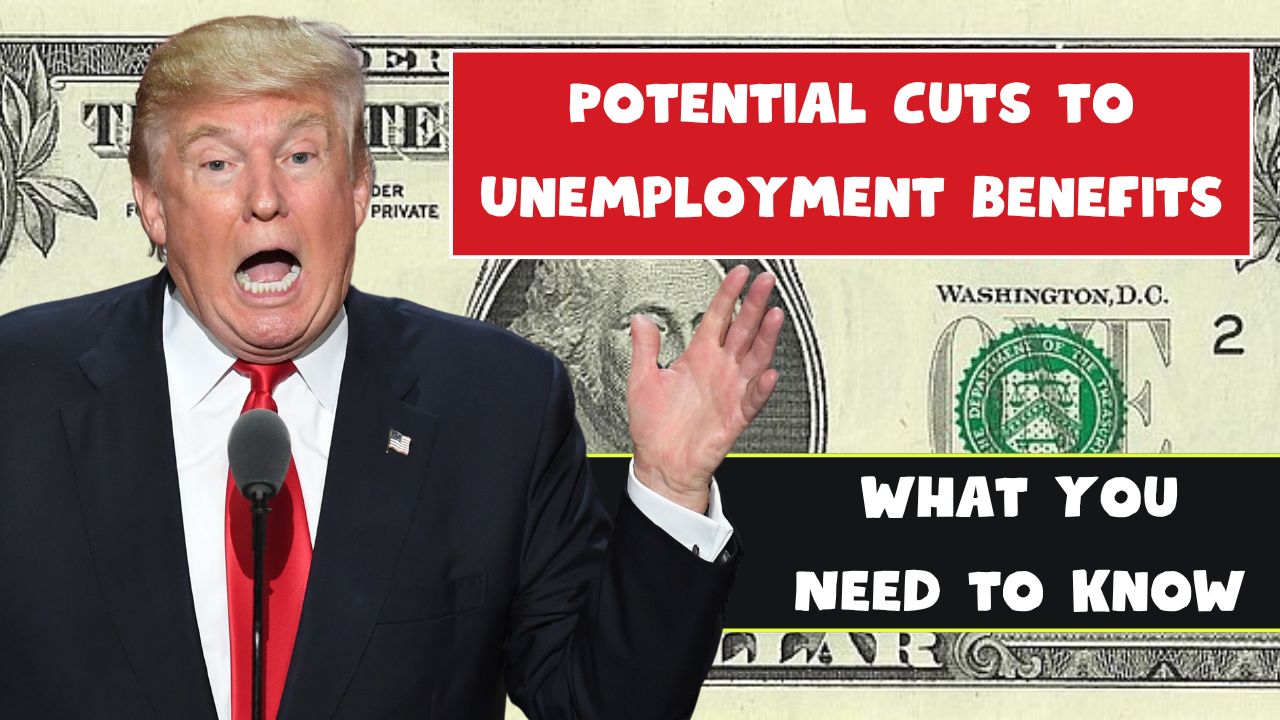Potential Cuts to Unemployment Benefits: Unemployment benefits serve as a crucial financial lifeline for individuals who have lost their jobs through no fault of their own However, discussions about potential cuts to these benefits are raising concerns among job seekers and workers alike It is essential to understand what these cuts could mean and how they might impact those relying on unemployment assistance.
Reasons Behind Potential Cuts
Governments and policymakers often consider reducing unemployment benefits for various reasons One major factor is budget constraints If state or federal budgets face deficits reducing benefits may be seen as a way to cut costs Another reason is to encourage people to return to work Some argue that extended unemployment benefits may discourage individuals from seeking jobs quickly Policymakers may also adjust unemployment aid based on economic conditions such as labor market strength and overall employment rates.
Impact on Job Seekers
If unemployment benefits are reduced or cut altogether job seekers may face several challenges Without financial support individuals may struggle to cover essential expenses like rent utilities and groceries This could lead to increased financial hardship and debt Additionally those who rely on unemployment benefits to support job searches may find it harder to afford transportation or access training programs necessary to secure new employment The stress of financial insecurity could also negatively impact mental well-being making it even more challenging to focus on finding work.
Who Will Be Most Affected
Potential cuts to unemployment benefits are likely to impact certain groups more severely Low-income workers who depend heavily on these benefits will face the greatest financial strain Seasonal and part-time workers may also struggle since they often rely on unemployment assistance between job periods Older workers who find it harder to re-enter the workforce due to age-related biases could also suffer significantly Additionally families with children may face difficulties in providing basic needs if benefits are reduced.
How to Prepare for Possible Cuts
If unemployment benefits are reduced it is important to take proactive steps to manage finances effectively Creating a strict budget can help stretch available funds Longer-term planning such as building an emergency savings fund can provide a safety net in case of job loss Exploring alternative income sources like freelance work or part-time jobs may also help bridge financial gaps Additionally staying updated on job market trends and enhancing skills through online courses or training programs can improve employment opportunities.
Government and Public Response
Potential unemployment benefit cuts often spark debates among policymakers economists and the general public Some argue that reducing benefits is necessary to strengthen the economy while others believe that such cuts could harm vulnerable populations Public opposition may lead to protests petitions and advocacy efforts aimed at preserving benefits Many labor organizations and social groups work to protect unemployment aid by urging lawmakers to reconsider cuts and find alternative solutions.
Final Thoughts
Changes to unemployment benefits can have serious financial consequences for individuals and families Understanding the reasons behind potential cuts and their impact is crucial for making informed decisions Those who rely on these benefits should explore ways to prepare for possible reductions while also staying informed about government policies and advocating for fair solutions Being proactive in financial planning and job search efforts can help minimize the negative effects of any future cuts.




